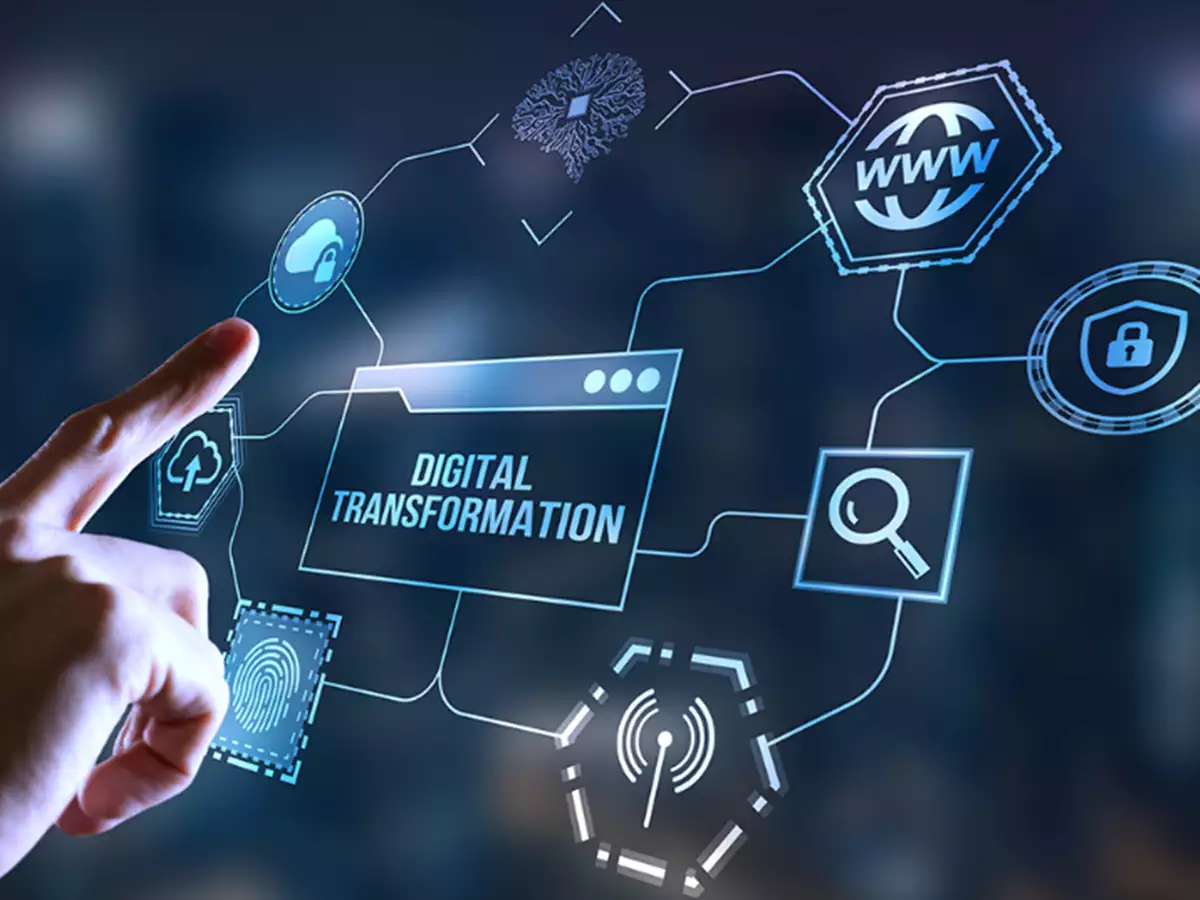In the constantly evolving world of technology innovation is the primary power that drives society forward. As we enter our third decade in the 21st century we are experiencing a rapid growth of technologies that promise to change the way industries operate, enhance the quality of life for people, and transform our lives and work. This comprehensive look at what’s next for innovation reveals the cutting-edge technologies that are poised to revolutionize the world.
The transformative Landscape of Emerging Technologies
In the constantly evolving world of technology it is innovation twitter that is the engine that pushes society forward. As we move into an era of change in 21st Century technology we are experiencing an explosion of technologies that promise to change the way industries operate, enhance our lives, and change our lives and work. This in-depth look into technology’s future reveals the cutting-edge technologies that are set to revolutionize our lives.
Artificial Intelligence and Machine Learning
Artificial Intelligence and Machine Learning are emerging as the foundation in the technology-driven revolution. AI-powered apps are being incorporated into a variety of industries including finance and healthcare to entertainment and manufacturing. Machine Learning algorithms analyse massive databases, allowing businesses to make data-driven choices. The capacity to use AI learning from information and enhance its performance over time has led to new solutions, such as predictive analytics and natural language processing as well as autonomous technology.
Internet of Things
The Internet of Things has bridged the gap between digital and physical worlds. IoT connects devices of every day use via the web, which allows devices to gather and exchange information. Smart homes, wearable devices industrial sensors, and smart homes are just some types of IoT applications. The internet-connected system of gadgets helps with automation, increases efficiency, and enhances the user experience. As IoT technology improves it will transform industries such as transportation, healthcare and agriculture.
Blockchain Technology Innovation
Blockchain technology, primarily as the underlying technology of cryptocurrencies such as Bitcoin is a broad-ranging technology that has implications that go beyond digital currencies. Blockchain can be described as a distributed, secure ledger that can be tampered with to record transactions across many computers. Its transparency and security allows it to be used in a variety of applications, such as supply chain management as well as healthcare data management as well as voting and management systems. Blockchain’s capability to guarantee data integrity and increase security is revolutionizing fields and changing conventional business models.
Augmented Reality and Virtual Reality
Augmented Real-time and Virtual Reality are reshaping the way we communicate with each other. AR overlays digital data onto actual reality improving our experiences with sensory stimulation. VR is, on the other hand lets users experience completely virtual worlds. Both technologies have applications in education, gaming as well as healthcare and training simulations. VR is everywhere, from virtual schoolrooms to virtual tour experiences AR as well as VR, are improving learning experiences and transforming the entertainment business.
5G Technology
The development the 5G network is expected to transform connectivity and communications. 5G technology is significant speedier speeds for data transfer and lower latency. This will enable continuous communication in real time as well as seamless connections. This technology is a game changer for IoT devices as well as autonomous vehicles and intelligent cities. The increased capabilities of the 5G network will allow for creative applications, such as remote robotic surgery, augmented reality gaming or autonomous vehicles.
Quantum Computing
Quantum Computing is on the future, with the promise of unrivalled computing power. In contrast to traditional computers that utilize bits to process data quantum computers make use of quantum bits, also known as qubits. Qubits can be found in multiple states at the same time which allows quantum computers to complete complicated calculations at a more rapid rate. Quantum computers have enormous potential to tackle complex issues in fields such as the field of cryptography, drug discovery and optimization that are way beyond the capabilities of traditional computers.
Navigating the challenges
The future envisioned by the new technologies is certainly positive, it is also accompanied by the potential for issues. Privacy and ethical concerns, ethical considerations, security concerns and cybersecurity threats are important problems that need to be addressed. The equilibrium between innovation and ethical accountability is vital to unlock the capabilities of the technology.
The future of innovation is at the fingertips of new technologies. As we traverse this transforming landscape, adopting these innovations with a sense of responsibility can result in an era where the humanity’s potential is amplified and social challenges are addressed with creative solutions. The in-depth look to the very future of technology exposes that the boundaries of possibilities are constantly expanding, clearing the way to a more bright technologically advanced future. Keep an eye on us for this thrilling journey into unknown frontiers of innovation and guided by the guiding light of the newest technologies.










